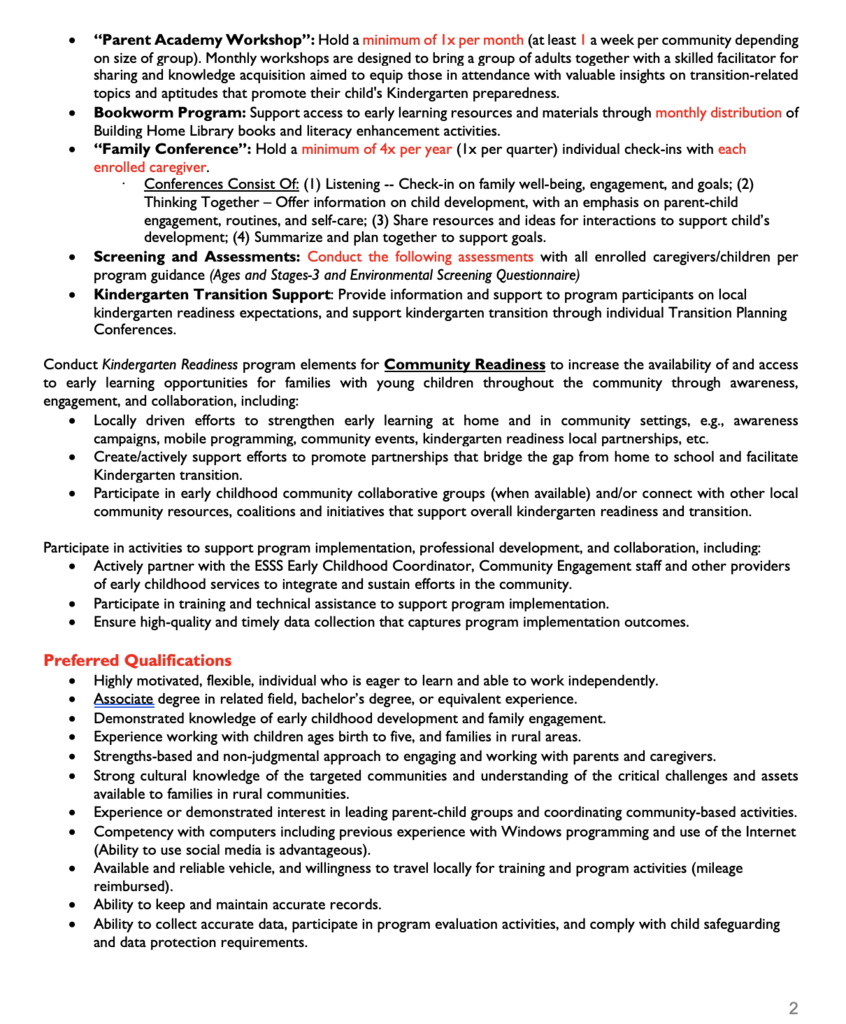FTC Trial Update: Meta Shifts Focus To Defense Strategy

Table of Contents
The FTC's Case Against Meta: Key Allegations
The FTC's complaint against Meta centers on the assertion that the company engaged in anti-competitive conduct by acquiring potential rivals, specifically citing the Instagram and WhatsApp acquisitions. The commission argues that these acquisitions stifled competition, allowed Meta to maintain its market dominance in social networking, and ultimately harmed consumers.
- Anti-competitive Conduct: The FTC claims Meta strategically acquired these companies to neutralize emerging threats and prevent them from challenging its already significant market share.
- Market Dominance: The core of the FTC's case rests on demonstrating Meta's overwhelming dominance in the social networking market and how the acquisitions cemented this position.
- Instagram Acquisition (2012): The FTC alleges that by acquiring Instagram, a then-rising competitor, Meta eliminated a significant potential threat and solidified its control over the photo-sharing market.
- WhatsApp Acquisition (2014): Similarly, the acquisition of WhatsApp, a popular messaging app, is presented by the FTC as an attempt to eliminate competition in the messaging sector and extend Meta's reach.
- Consumer Harm: The FTC argues that these acquisitions have resulted in less innovation, higher prices (implicitly through reduced competition), and limited choices for consumers. They claim consumers are effectively locked into the Meta ecosystem.
Meta's New Defense Strategy: Shifting the Narrative
Meta has noticeably shifted from a more proactive stance to a focused defense strategy. Instead of emphasizing the benefits of the acquisitions, Meta is now actively challenging the FTC's evidence and attempting to reshape the narrative.
- Challenging the FTC's Evidence: Meta's legal team is meticulously scrutinizing the FTC's evidence, aiming to demonstrate flaws in its methodology and conclusions.
- Highlighting the Benefits of Acquisitions: Meta's defense also emphasizes the benefits of the acquisitions, arguing that they fostered innovation, improved user experience, and integrated services that benefited consumers.
- Competitive Landscape Argument: Meta's defense is also focusing on the broader competitive landscape, highlighting the presence of other significant players and arguing that its market share is not as dominant as the FTC portrays.
- Innovation Argument: A key element of Meta's defense involves arguing that the acquisitions fueled innovation within the company, resulting in better products and services for users.
Key Witnesses and Testimony in the FTC Trial
The FTC trial has seen testimony from several key individuals, both from the FTC and Meta. The testimonies have revealed crucial insights into the internal decision-making processes behind the acquisitions and the competitive landscape at the time. Expert witnesses have provided analyses of the market and the potential impact of the acquisitions. The cross-examination of witnesses has also been a significant aspect of the trial, with both sides attempting to challenge the credibility and interpretations presented by opposing witnesses. Specific details of these testimonies are subject to ongoing legal proceedings and will be reported as they become publicly available. The impact of these testimonies on the overall outcome of the case remains to be seen.
Potential Outcomes and Implications of the FTC Trial
The FTC trial could result in several outcomes, each with significant implications for Meta, the tech industry, and consumers.
- Injunctions: The FTC might seek an injunction to prevent Meta from engaging in similar acquisitions in the future.
- Divestiture: A more extreme outcome could involve forcing Meta to divest itself of either Instagram or WhatsApp or both. This would drastically reshape the competitive landscape.
- Fines: The court could impose substantial financial penalties on Meta for anti-competitive behavior.
- Antitrust Precedent: The outcome of this trial will set a significant precedent for future antitrust cases involving large tech companies, potentially influencing how future acquisitions are evaluated and regulated.
Conclusion: The Future of Meta and the FTC's Antitrust Battle
The FTC's antitrust lawsuit against Meta and Meta's subsequent shift to a defensive strategy mark a pivotal moment in the ongoing debate about the power and influence of Big Tech. The trial’s outcome will have profound implications for the future of Meta, the tech industry, and the regulatory landscape governing mergers and acquisitions. The key takeaways highlight Meta's aggressive defense against the FTC's allegations of anti-competitive behavior and the uncertain, yet far-reaching consequences for the tech industry. To stay informed about the evolving developments in this landmark Meta FTC trial and its impact on antitrust law, continue to follow reputable news sources and legal analysis. Keep abreast of further updates on this crucial antitrust case and its influence on future Meta acquisitions.

Featured Posts
-
 Cne Seis Enlaces Demuestran El Bloqueo Intencionado De Su Pagina Web
May 19, 2025
Cne Seis Enlaces Demuestran El Bloqueo Intencionado De Su Pagina Web
May 19, 2025 -
 Aspirantes A Diputados Del Movimiento Rescate Y Transformacion En Cortes Conoce A Los Candidatos
May 19, 2025
Aspirantes A Diputados Del Movimiento Rescate Y Transformacion En Cortes Conoce A Los Candidatos
May 19, 2025 -
 School Employee Among Fsu Shooting Victims Family Connection To Cia Revealed
May 19, 2025
School Employee Among Fsu Shooting Victims Family Connection To Cia Revealed
May 19, 2025 -
 Economic Benefits Of Large Scale Rave Events
May 19, 2025
Economic Benefits Of Large Scale Rave Events
May 19, 2025 -
 Interdisciplinary And Transdisciplinary Approaches A Necessary Shift In Research
May 19, 2025
Interdisciplinary And Transdisciplinary Approaches A Necessary Shift In Research
May 19, 2025
Latest Posts
-
 Financial Strain On Perry County Schools Amidst Shrinking Student Population
May 19, 2025
Financial Strain On Perry County Schools Amidst Shrinking Student Population
May 19, 2025 -
 Mets Vs Blue Jays Queens Series Preview
May 19, 2025
Mets Vs Blue Jays Queens Series Preview
May 19, 2025 -
 Perry County School District Faces Funding Shortfalls Due To Enrollment Decline
May 19, 2025
Perry County School District Faces Funding Shortfalls Due To Enrollment Decline
May 19, 2025 -
 Perry County Schools Budget Crisis And Declining Enrollment
May 19, 2025
Perry County Schools Budget Crisis And Declining Enrollment
May 19, 2025 -
 Will Injuries Determine If Baty Makes The Mets Opening Day Roster
May 19, 2025
Will Injuries Determine If Baty Makes The Mets Opening Day Roster
May 19, 2025
